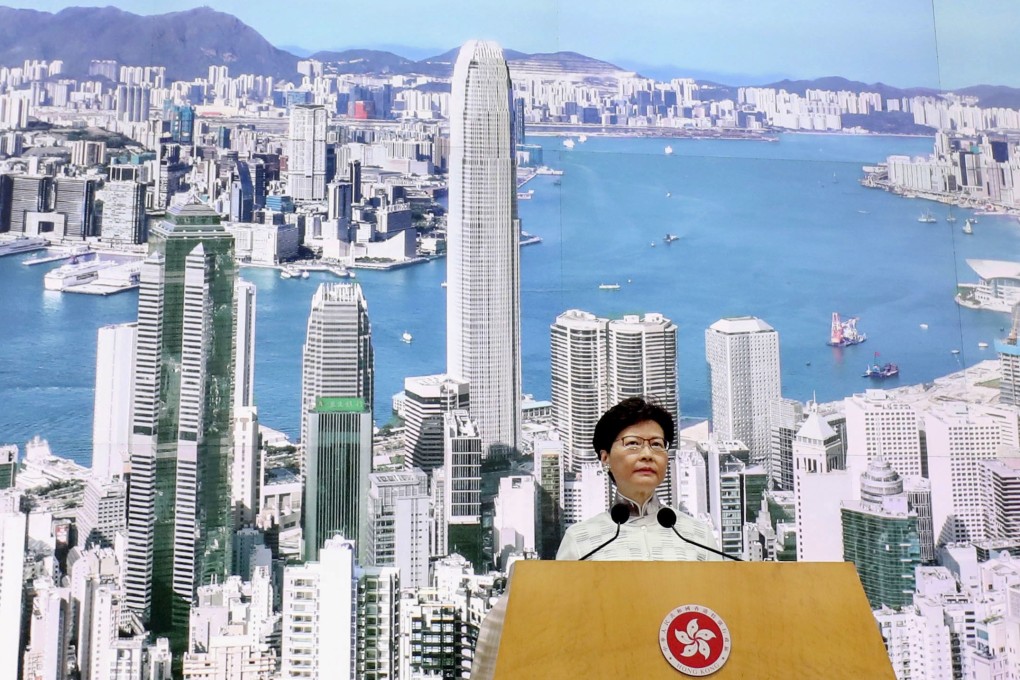Suspension of Hong Kong extradition bill is embarrassing to pro-establishment allies and could cost them at election time, camp insiders reveal
- Pro-Beijing parties voiced anger with Carrie Lam at closed-door meeting on Saturday, with some upset at being kept in dark regarding her plans
- The camp, which supported the legislation, faces voters in District Council elections in November this year and Legco elections in September 2020

The abrupt suspension of the government’s contentious extradition bill has embarrassed the pro-establishment camp and is likely to deal a blow to their chances in the coming elections, insiders railed privately on Saturday evening.
They also revealed to the Post that during their closed-door meeting with Chief Executive Carrie Lam Cheng Yuet-ngor on Saturday, some were vocal in their complaints to the city leader, with at least one of them being on the verge of tears.
The pro-establishment camp, which dominates the 70-member Legislative Council with 43 seats, has in recent months been among the strongest advocates of the bill, which would allow the city to transfer fugitives to jurisdictions it lacks an extradition arrangement with, including mainland China.
Insiders from the camp disclosed that in their meeting with Lam at Government House, Lam apologised for disappointing her pro-government allies.
“There was great grievance and some criticised Lam to her face,” a lawmaker who spoke on condition of anonymity said.
It was understood that after the massive clashes between protesters and police on Wednesday, Lam met and exchanged views with several party chiefs from the pro-establishment camp. But some members of the camp, who were left out, were unhappy that they did not get any advance notice of the abrupt U-turn.